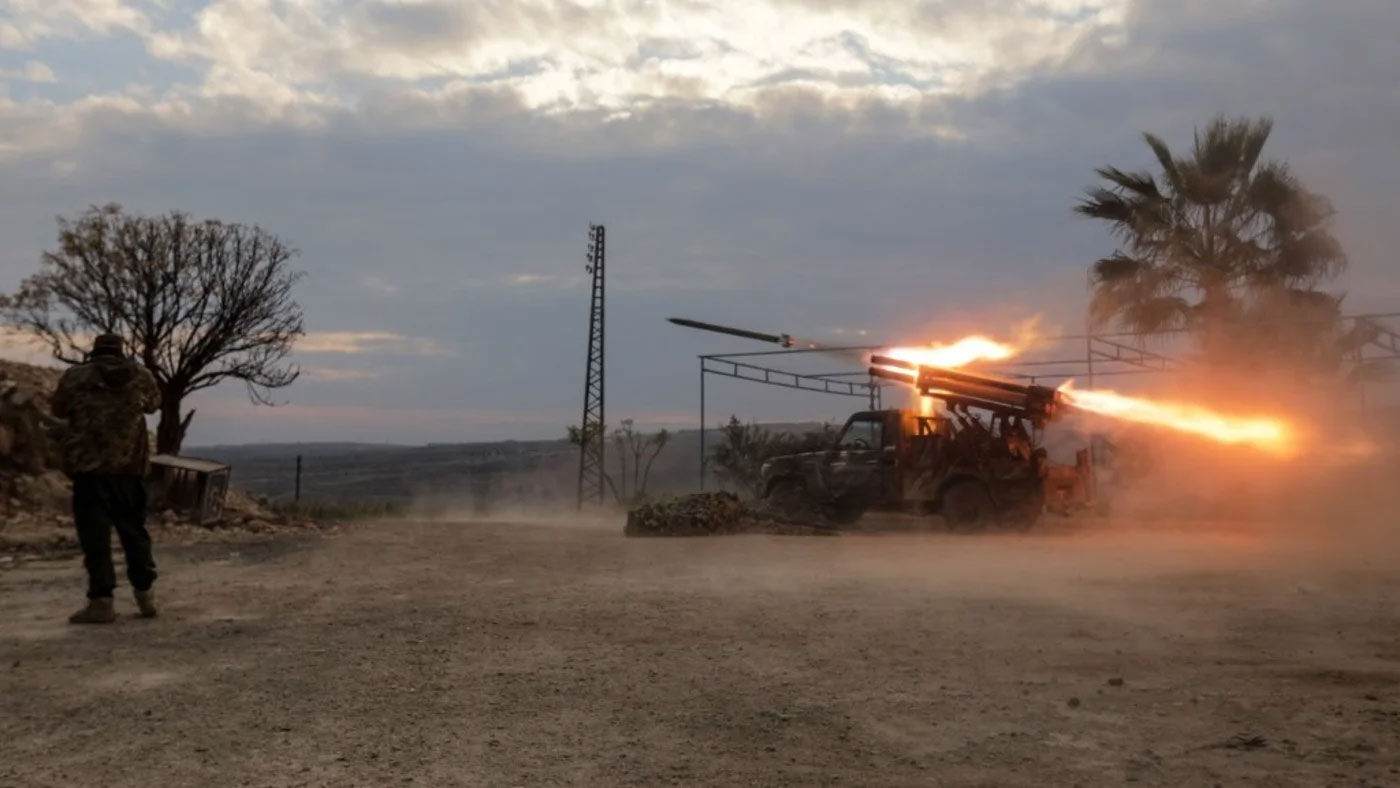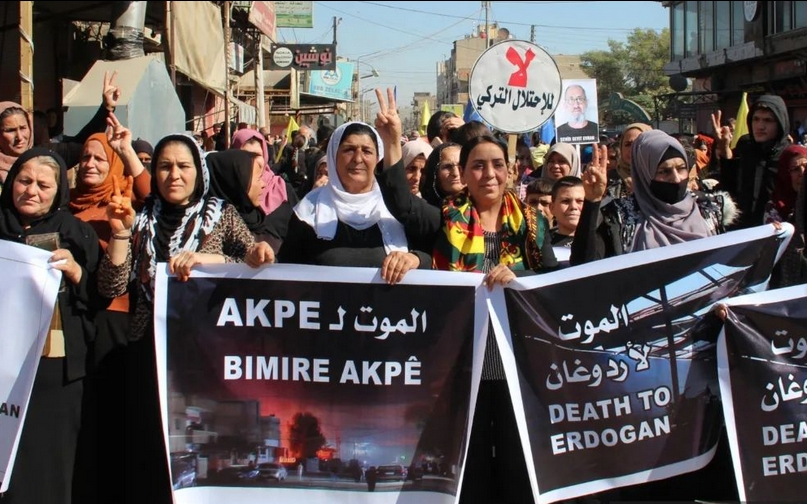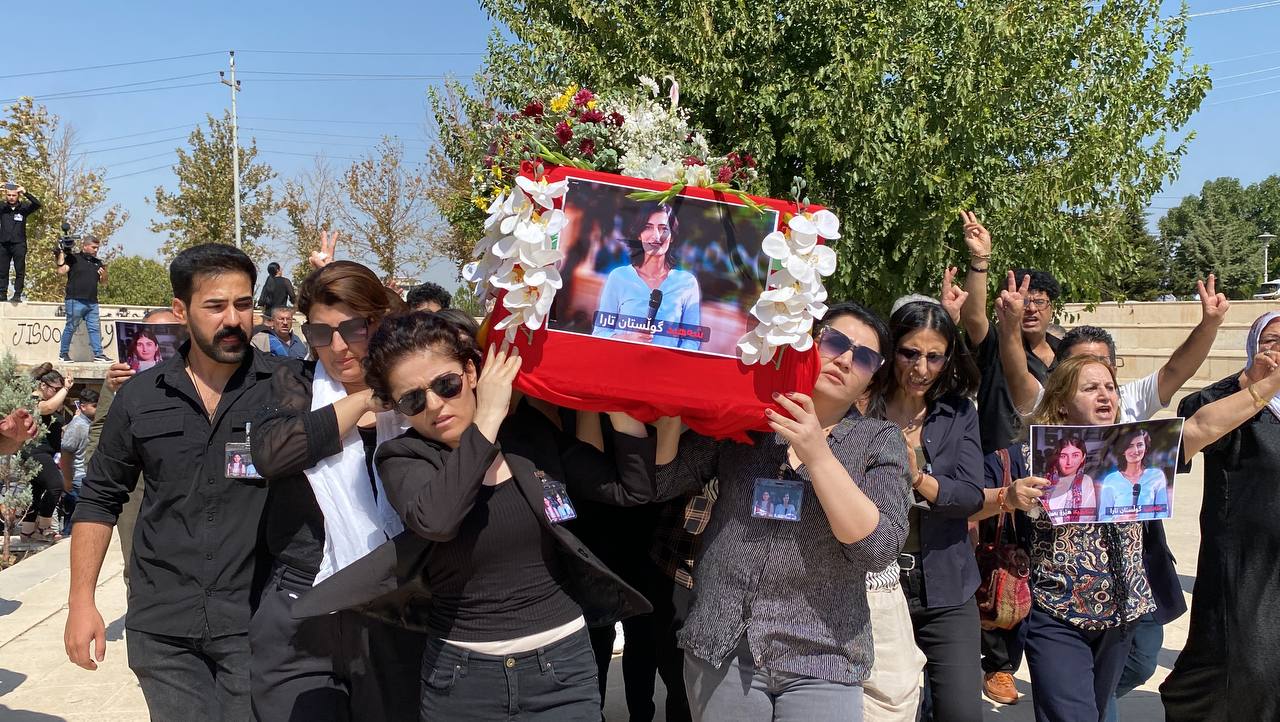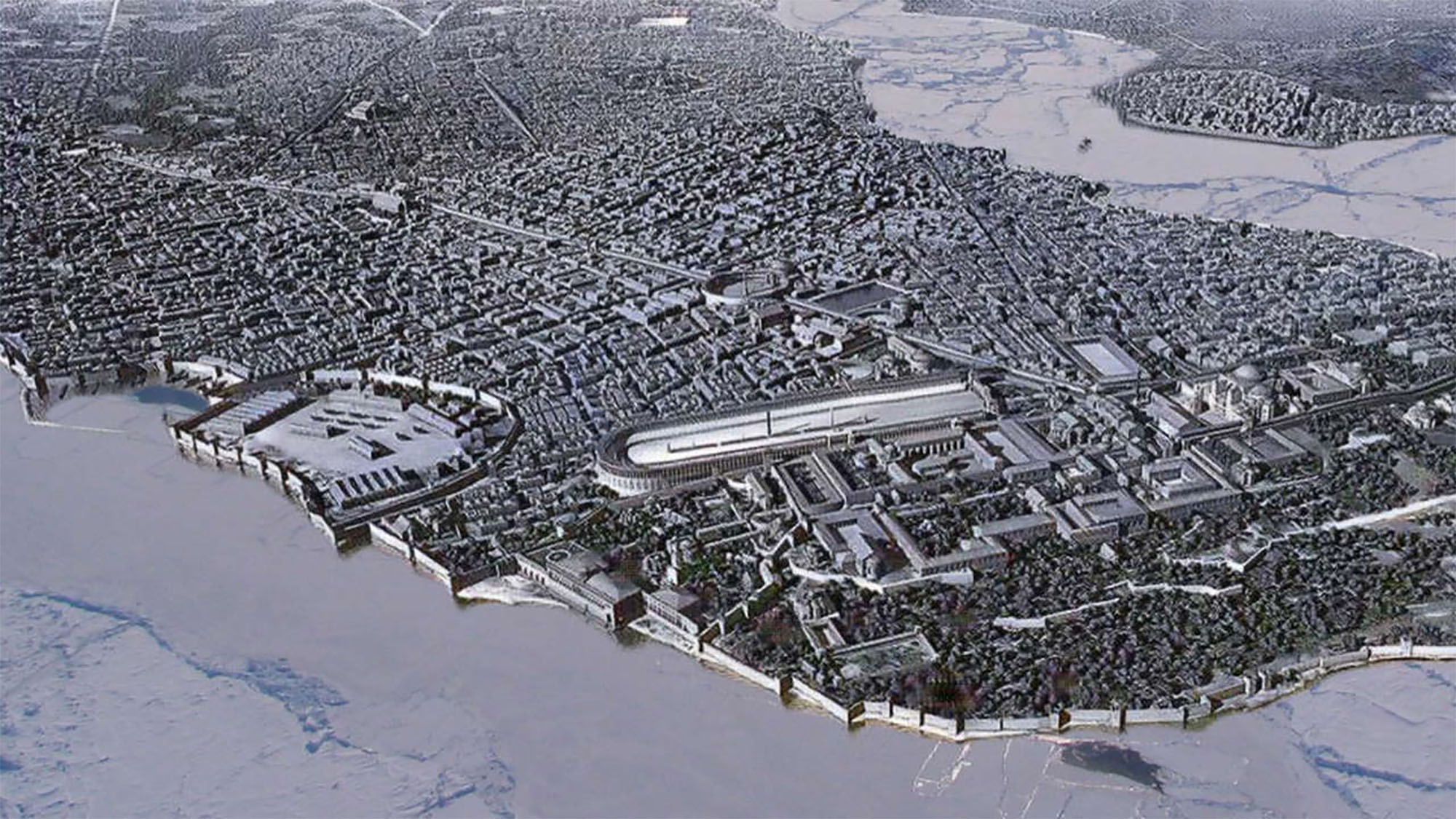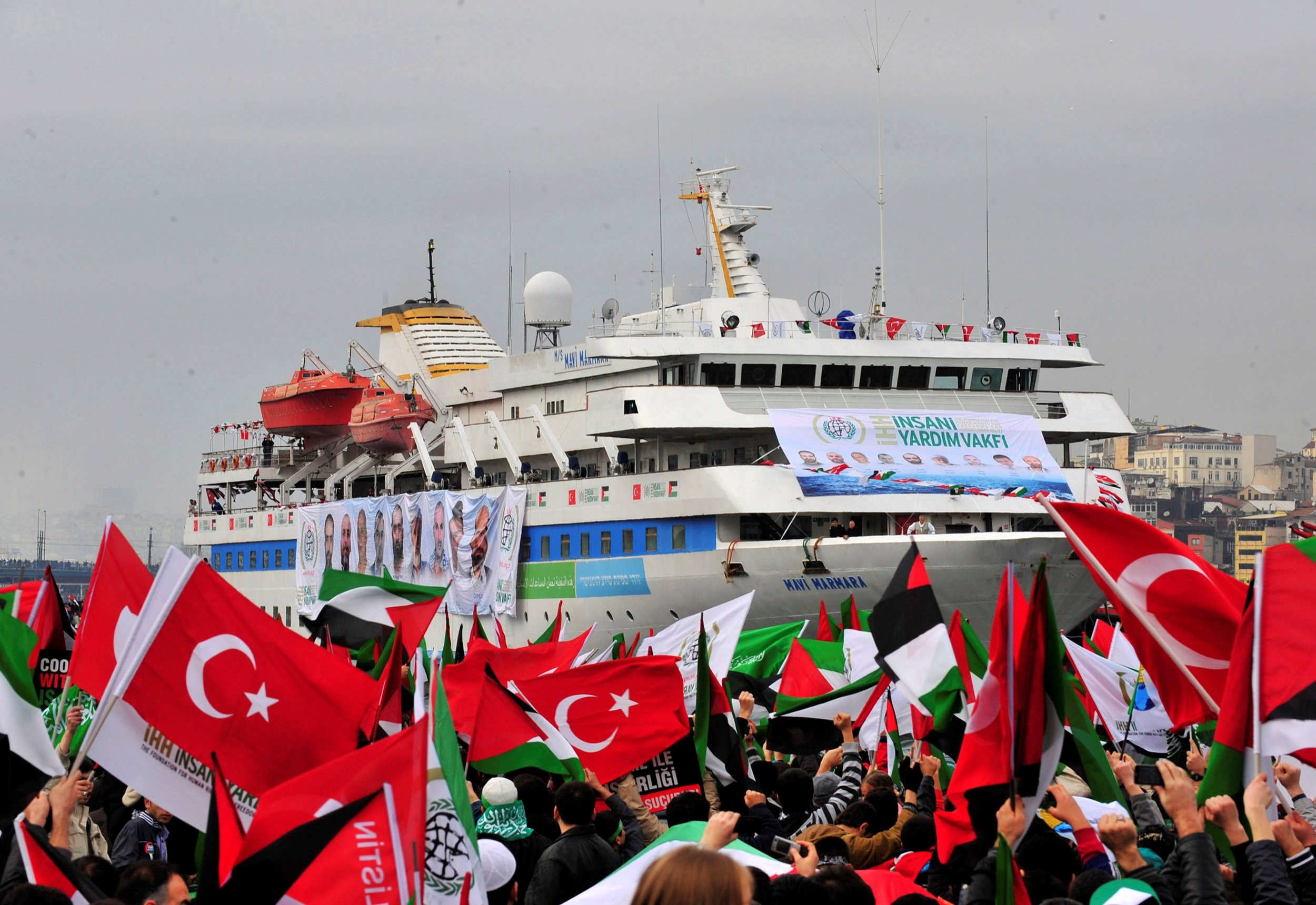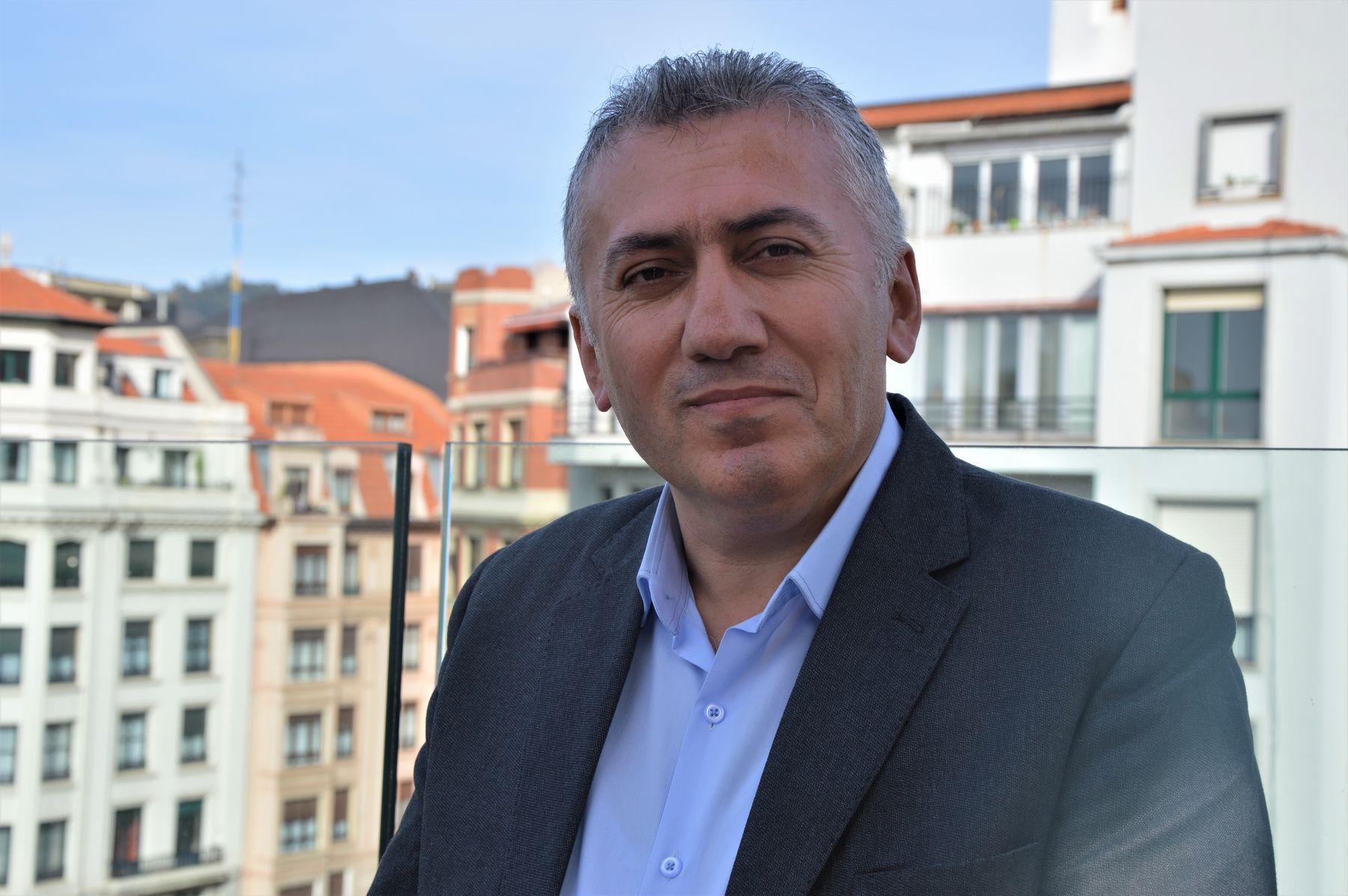Erdogan will have to overcome the second round to remain in the chair
- Counting 99% of the votes, the current President Erdogan imposed himself on the first round with 49.4% of the votes. Kemal Kiliçdarogluk, leader of the opposition, is close to 45%. As no one has achieved an absolute majority, they will have to make a second round on 28 May.

On Sunday, elections to the Turkish presidency and parliament were held, which could bring about change. Citizen participation has demonstrated the importance of the elections: 88.3% of those summoned voted. With almost all the votes, Recep Tayyip Erdogan, who has been in the presidency for twenty years, has won the most votes (49.4%), but it is not enough to win the elections; he will have to go to the second round and win to remain President of Turkey.
The second place was Social Democrat Kemal Kiliçdaroglu, leader of the opposition, with 45% of the votes. Several opposition parties supported his candidacy and called to join in toppling Erdogan from power. Kiliçdaroglu is protected mainly by the urban population and Erdogan by the rural population.
As neither the first nor the second won half of the votes, they will have to compete in the second round on 28 May. Voting by those who supported the third far-right candidate, Sinan Ogan (5.2% of the votes), to lead Erdogan or Kiliçdaroglu, could decide the outcome. It should be noted that Ogan was a member of the National Movement Party (MHP), an ally of the Justice and Development Party (APCA) of Erdogan. It can be expected that this little more than 5% will vote in Erdogan on the second round.
PCR in Parliament
Awaiting official results, they announce that the Erdogan APP party has won the majority in parliamentary votes: 266 of the 600 Members, the youngest in recent years. The second force will be the Republican Party of the People of Kiliçdaroglu (CHP), with 169 locations. The Left Green Party will be the third force with 62 parliamentarians, supported by the Kurdistan People’s Democratic Party (HDP).
In recent years Parliament has lost importance because Erdogan has implemented the presidential system in his mandate and has had most of the power. Kiliçdaroglu, however, promises to restore the parliamentary system if he is president. The Electoral Board will deliver the official results within the next few hours.
Genocide is unfortunately a fashionable word. According to Rafael Lemkin’s definition in 1946, genocide is defined as “actions aimed at the total or partial destruction of a national, ethnic, racial or religious group.” These actions may include “killing the members of... [+]
Chronicler Theophanes Declarante stated that winter 763-764 was one of the coldest in history. Snow and ice occupied the Byzantine capital and also saw an iceberg in Bosforón.
Climate cooling has been considered to be due, among other factors, to the lack of volcanic activity... [+]
Drone production is an emerging industry and Turkey has become one of the largest manufacturers and exporters of war drones. Your star product is Bayraktar TB2. A drone that can take off, land and navigate autonomously, but that depends on a human operator to launch laser-guided... [+]









